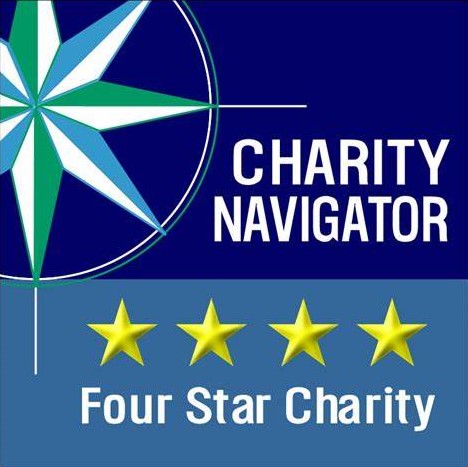Some say music runs through his veins – it’s what keeps him going. For David Peterson, known now as David Rush, writing music, playing instruments and singing is second only to breathing. The 28 year old rapper/musician is traveling the country promoting his new album, Rush.
What’s unique about Rush’s story is his battle with kidney disease. The former high school football star almost gave up on his dream of becoming a professional music artist. In high school, doctors discovered protein in his urine. But soon after, Rush moved to Atlanta, GA, to attend college and his health was put on the back burner.
“My doctor said there wasn’t much wrong with my kidneys, it was my cholesterol that he was concerned with and I had that under control. And since I had my cholesterol under control, I stopped taking the medication for it.”
Unfortunately for Rush, his health was out of control. His girlfriend at the time, a nursing student, asked to perform a routine physical exam on him. The results were frightening. Rush was advised to go to the emergency room immediately – his lab results were at dangerous levels. Rush checked himself into the hospital for what he thought would be a few hours of blood work, but he did not leave for two weeks. Doctors discovered his kidneys were failing.
Rush saw a nephrologist soon after leaving the hospital who also confirmed the diagnosis of kidney failure. “He was very upfront with me. He said that if I did not receive dialysis within a year, I would die. I stormed out of the office and told him he did not know what he was talking about.” Rush says that same night he did what he always does to get him through a struggle – he wrote a song about it.
Rush ignored his doctors advice and held off on getting a fistula placed. He waited too long. One night while talking to his sister, he passed out. He says when he awoke he was in a hospital with a catheter in his chest and a dialysis machine by his side. “I felt like my life was over. This is the worst thing that could ever happen to me. My music career is over. I can’t work anymore.”
Rush says it took him a few weeks to break out of his funk. “I had to mentally make a decision. Was I going to fight to have a “normal” life or was I just going to give up?” Rush chose to fight. He began reading information about kidney disease and what dialysis treatment would mean for his life. This would be no easy fight for the young star. Walking into the dialysis center for the first time was like walking into a new school on the first day of classes. He stood out. He knew no one. He was young and he had tattoos on his arm. “It was terrifying to know that every other day of my life I would have to walk in the center to get dialysis treatment.”
Rush continued to pursue his music career despite a dialysis schedule that limited his ability to travel for performances. Still, his career picked up steam. He was booking more shows outside of his Perth Amboy, New Jersey neighborhood. Finding a dialysis center to dialyze was getting tougher and putting a lot of pressure on Rush and his team. After a little research, a member of Rush’s music team read an article on home dialysis and suggested Rush look more into the treatment option.
Home hemodialysis (HHD) lets the patient set their dialysis schedule. The patient can choose treatment times to fit other activities, such as going to work or caring for a family member.
Patients can dialyze more often at home. People who dialyze at a clinic skip four days each week, so waste and fluid builds up in their bodies. Dialyzing at home five to seven times per week means wastes and fluid don’t build up as much in the body.
Rush decided to use the NxStage machine – a dialysis machine about the size of a small television that he could carry with him wherever he travels. The benefit for Rush using a home hemodialysis program is it allows him to be on the road more performing or promoting his music. “It was a business decision at first, but once I started it, I realized that it gave me my independence back. It gave me freedom to do things on my own and it really boosted my confidence.”
Rush now knows that with this new found freedom, his possibilities are endless. He hopes other people living with kidney disease also realize that their possibilities are endless as well.
This article originally appeared in the November 2010 issue of At Home with AAKP.






























